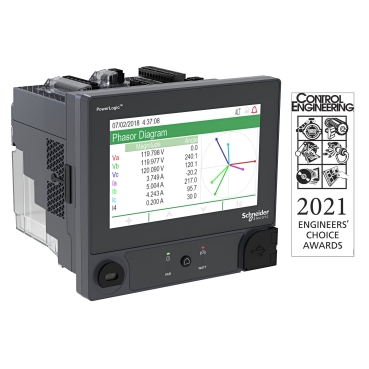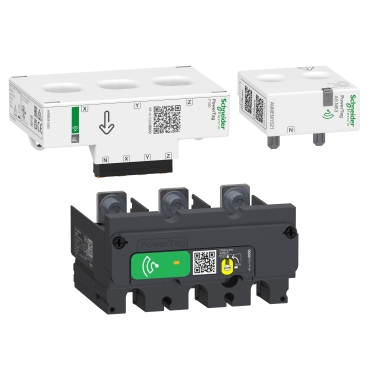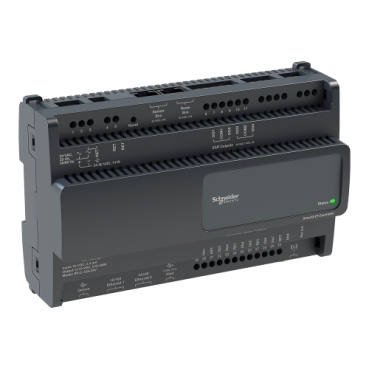1. What is a building management system / building automation system?
A building management system (BMS), also sometimes called a building automation system (BAS), is a critical tool for operating a building safely, efficiently, and reliably. Consisting of software and hardware, a BMS controls and monitors the building's mechanical and electrical equipment such as power systems, HVAC (heating, ventilation, air conditioning), lighting, fire protection, and security systems.
2. How are building management systems changing?
As companies have focused intently on energy efficiency and sustainability, there has also been a fundamental change in tenant needs and expectations. These trends have greatly impacted traditional BMS implementations, pushing them to grow and evolve. At the same time, advancements in cloud computing, IoT, analytics, and artificial intelligence are leading to new and broader capabilities. With these as underlying technologies, next-generation BMSs are now the integration and aggregation tool for all of a building’s data across multiple business and operations technology (OT) systems and sensors. By managing and controlling all the building’s OT in concert with each other, energy and operational efficiency can be maximised while enhancing occupant productivity and well-being.
3. What is IoT building management?
IoT (Internet of Things) is revolutionising building management with a new generation of building management systems (BMS) that enable superior integration between smart systems - including operations technology (OT) and information technology (IT) systems. These advancements have changed how buildings operate as facility managers can now gain valuable insights from every aspect of their buildings' operations. Accessible from anywhere, they can better predict possible problems, schedule preventative maintenance, and streamline workflows to reduce operating costs, while also exceeding sustainability goals.






















































